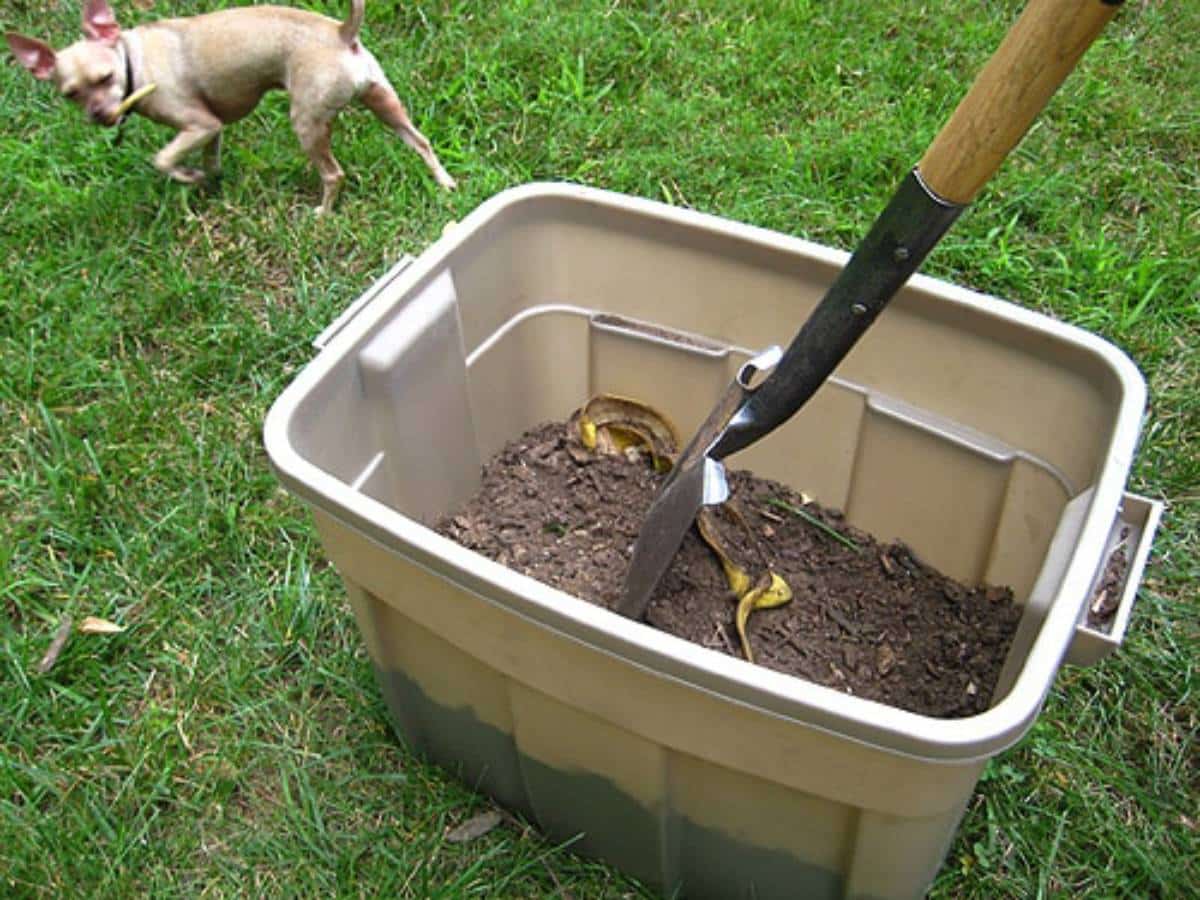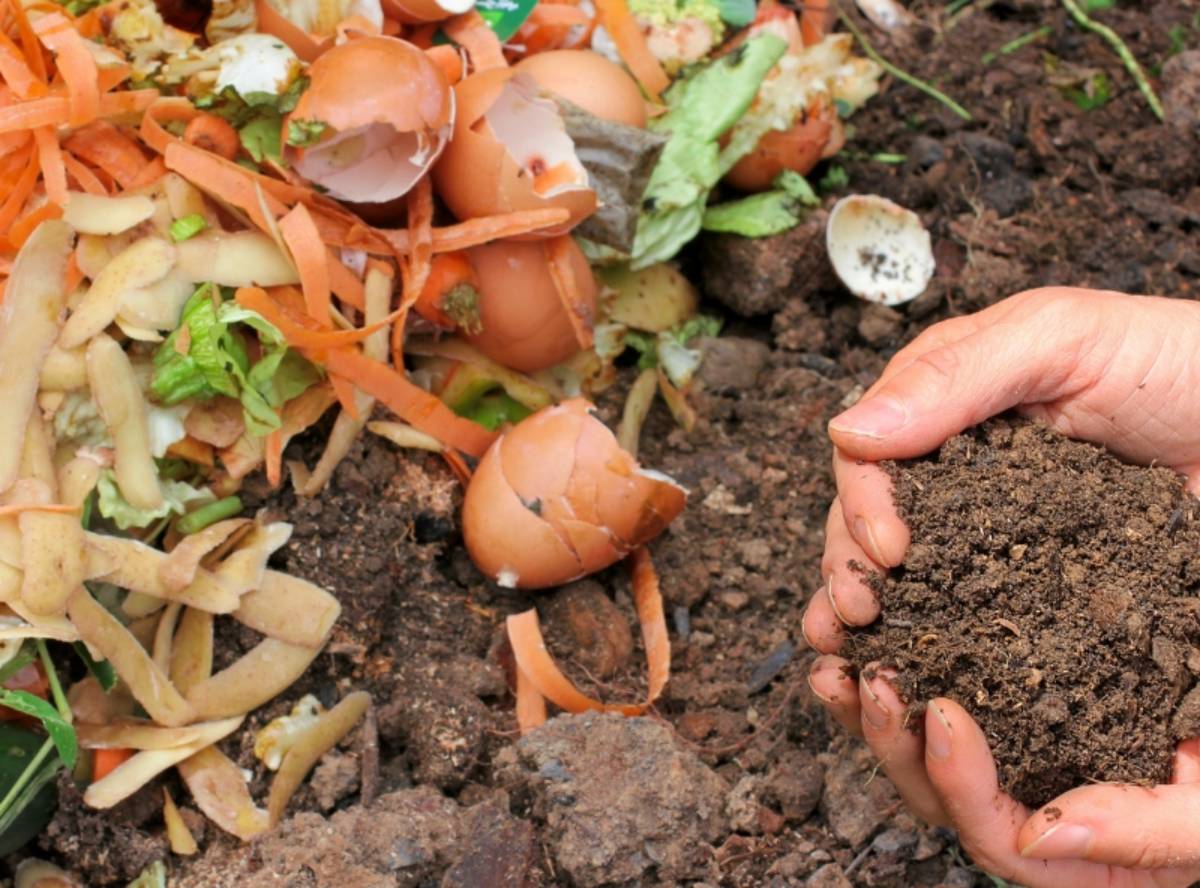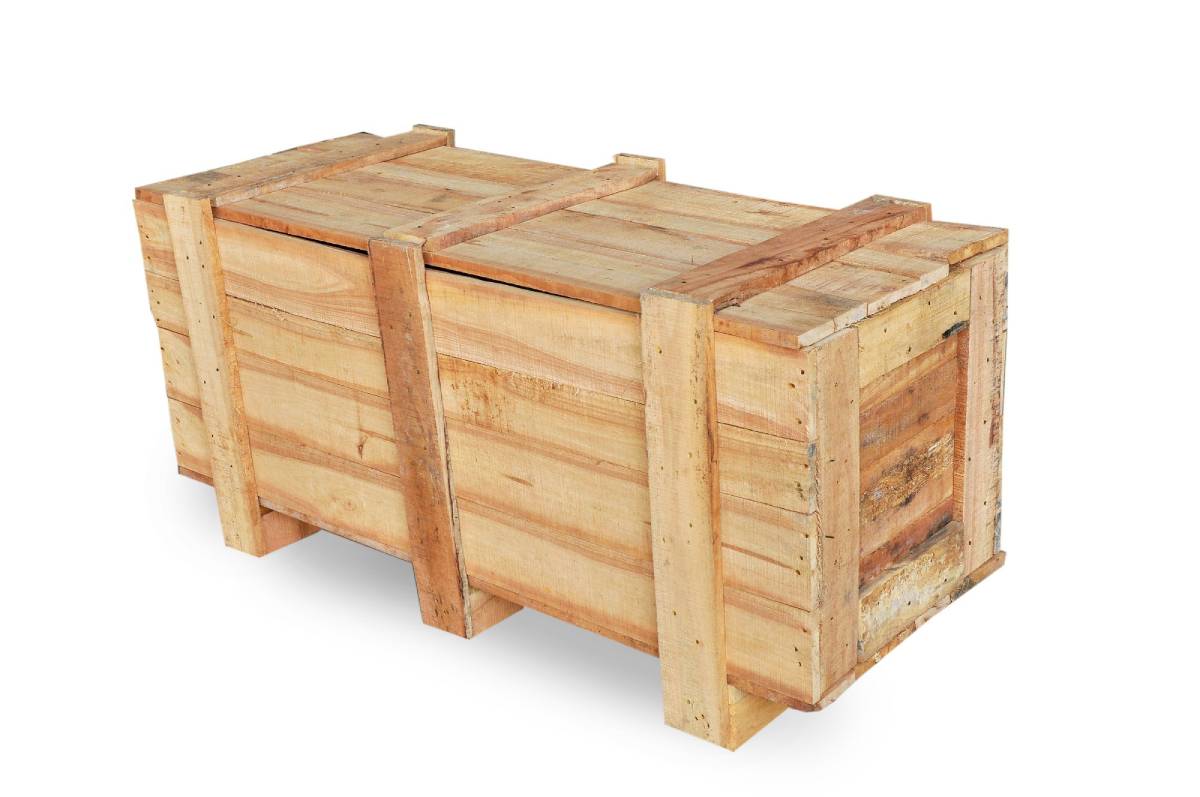
Composting at Home: DIY Bins for Beginners
Sustainable living isn’t just a trend—it’s a responsibility. And one of the simplest, most impactful ways to reduce household waste and enrich your garden is through home composting. Whether you’re an eco-warrior or a curious beginner, composting transforms kitchen scraps and yard waste into nutrient-rich soil that supports your plants, reduces landfill waste, and cuts greenhouse emissions. The best part? You don’t need a large garden or fancy equipment to get started. With a few tools and a bit of know-how, you can build your own homemade compost bin right in your backyard—or even on your balcony.
In this beginner-friendly guide, we’ll demystify composting, show you how to build DIY compost bins with minimal effort, and share essential tips for turning scraps into garden gold. Whether you’re composting to boost your plants or reduce your carbon footprint, you’re in the right place.
Why Composting Matters
Turning Waste into Resource
The average UK household produces over 400kg of food waste per year. Rather than sending these scraps to landfill—where they emit methane, a harmful greenhouse gas—composting allows them to break down naturally into nutrient-rich humus.
Supports Eco-Friendly Gardening
Compost acts as a natural fertiliser, helping plants grow without synthetic chemicals. It improves soil structure, retains moisture, and boosts microbial life, making it a cornerstone of an eco-friendly garden.
Saves Money and Reduces Environmental Impact
By composting, you reduce the need for shop-bought fertilisers and decrease your rubbish output. Over time, this saves money and reduces strain on municipal waste systems.
The Basics: What is Composting?

Composting is the natural process of breaking down organic matter into a nutrient-rich soil amendment. It requires four key elements:
- Greens – nitrogen-rich materials like fruit scraps, vegetable peels, coffee grounds.
- Browns – carbon-rich materials like dry leaves, cardboard, sawdust, shredded paper.
- Air – oxygen facilitates aerobic decomposition.
- Moisture – compost should be as damp as a wrung-out sponge.
When these components are balanced properly, microorganisms break down the materials, and you’ll have crumbly, earthy-smelling compost within weeks or months.
DIY Compost Bin Ideas for Beginners
You don’t need to buy a fancy tumbler or a pre-made bin. These homemade compost bin ideas are easy, affordable, and perfect for beginners.
1. The Plastic Storage Bin Method
Ideal for: Small spaces, balconies, and urban composting.
Materials:
- One 18–20-gallon plastic bin with a tight-fitting lid
- Drill with 1/4-inch bit
- Optional: bricks or wooden blocks for elevation
Steps:
- Drill holes in the bottom, sides, and lid for airflow and drainage.
- Elevate the bin using bricks to promote ventilation.
- Add a balanced mix of greens and browns.
- Stir weekly with a garden trowel to aerate.
Tip: Add a handful of soil to kickstart the microbial process.
2. The Wooden Pallet Bin

Ideal for: Gardeners with outdoor space.
Materials:
- Four wooden pallets
- Screws or nails
- Optional: Hinges for easy front access
Steps:
- Arrange the pallets upright to form a square box.
- Secure the corners with screws or brackets.
- Leave the top open for adding materials.
- Use the front pallet as a hinged door for easy turning.
Advantages:
- Inexpensive (many garden centres give pallets away)
- Excellent airflow
- Scalable for larger gardens
3. The Stackable Crate System
Ideal for: Keen composters who want a multi-stage system.
Materials:
- Three stackable wooden or plastic crates
- Mesh for the base
- Lid for top crate
Steps:
- Drill holes in each crate for airflow.
- Stack crates with the oldest compost at the bottom.
- Rotate materials from top to bottom as decomposition progresses.
Benefit: Allows you to create a continuous composting system—fresh waste at the top, ready compost at the bottom.
What to Compost (and What to Avoid)
Compost These (Greens & Browns):
- Fruit and vegetable peels
- Coffee grounds and filters
- Tea bags (check for plastic content)
- Eggshells
- Cardboard and shredded newspaper
- Garden trimmings and dry leaves
Avoid These:
- Meat, dairy, and oily foods (attract pests)
- Diseased plants or invasive weeds
- Glossy or coloured paper
- Pet waste (unless you’re using a pet-specific compost system)
Common Beginner Composting Mistakes—and How to Avoid Them
Mistake 1: Too Wet or Too Dry
Symptom: Compost smells sour or doesn’t break down.
Fix: Balance greens and browns. If it’s too wet, add shredded paper. If too dry, add veggie scraps or water.
Mistake 2: Not Enough Air
Symptom: A rotten smell or slimy texture.
Fix: Stir or turn your compost weekly to improve aeration.
Mistake 3: Impatience
Symptom: Expecting compost in a few weeks.
Fix: Composting takes time. In warm weather, small batches can mature in 6–8 weeks, but most home compost takes 2–6 months. Stick with it!
How to Use Your Finished Compost
Once your compost looks dark, crumbly, and smells like forest soil, it’s ready to use. Here’s how:
- Mix into garden beds to improve soil fertility.
- Top-dress houseplants with a thin layer.
- Sprinkle in pots and containers for a slow-release nutrient boost.
- Use as mulch to suppress weeds and retain moisture.
Tip: If unsure, sieve your compost to remove unbroken materials and return them to your bin for further decomposition.
Composting in Small Spaces: Apartment and Balcony Tips
Think you need a garden to compost? Think again. Urban dwellers can still participate in eco-friendly gardening with a few clever hacks:
- Use a Bokashi bin (a Japanese system using microbes to ferment waste) indoors without odours.
- Try vermicomposting with worms under the sink.
- Set up a stacked bin system on your balcony using crates or buckets.
- Connect with a community garden that accepts compost drop-offs.
Many councils now offer subsidies or rebates for home compost bins—check your local authority’s website to see if you qualify.
Case Study: From Kitchen Waste to Garden Wealth
Amira, a London-based teacher living in a small flat with a balcony, began beginner composting to reduce her family’s food waste. Using a plastic bin with drilled holes, she composted fruit peels, coffee grounds, and cardboard for several months.
Her results? “I never imagined we could grow tomatoes on our tiny balcony, but the compost made a huge difference. Our herbs are thriving too. Plus, my kids now think banana peels are magic.”
Key Takeaway
Composting at home is one of the simplest ways to embrace eco-friendly gardening and reduce your environmental footprint. With just a few tools and a handful of knowledge, even beginners can turn everyday kitchen waste into something truly valuable. Whether you build a homemade compost bin from pallets, plastic tubs, or crates, the outcome is the same: healthier plants, less waste, and a greener lifestyle.
Start Composting Today
If you’ve ever thought composting was too complicated, messy, or not for you, now’s the time to rethink that. Whether you’re in a cosy flat or a spacious home, building a homemade compost bin is straightforward, affordable, and incredibly rewarding.
Every peel, shell, and scrap you compost helps build healthier soil and a healthier planet. So, what are you waiting for?
Start your beginner composting journey today—and turn yesterday’s waste into tomorrow’s garden gold.